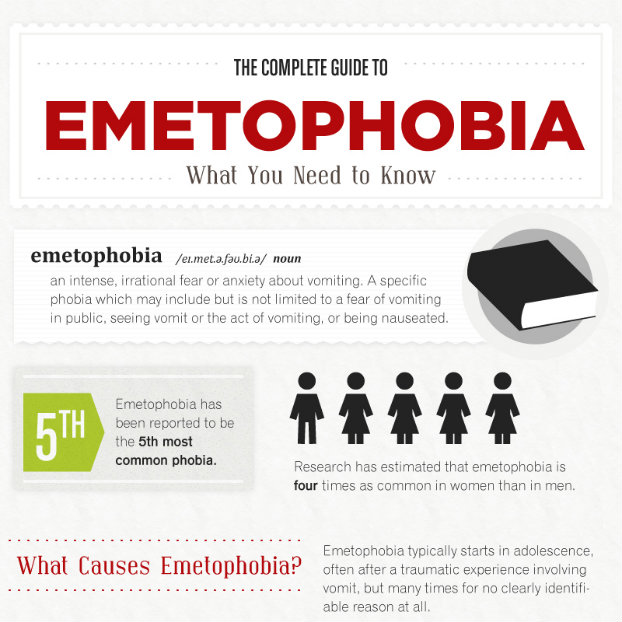 We’ve all heard that stress and anxiety can lead to premature aging and a number of health-related problems. Chronic stress has been linked to headaches, hypertension, and gastrointestinal problems.
We’ve all heard that stress and anxiety can lead to premature aging and a number of health-related problems. Chronic stress has been linked to headaches, hypertension, and gastrointestinal problems.
Pet owners may be surprised to learn that anxiety can cause similar ailments in dogs. A study from 2010 shows interesting findings about stress, anxiety, and their effects on pet dogs.
Stress Relief for Pet Owners and for Pets
It’s normal for dogs — many of which are very social creatures — to express relief and joy when their owner returns home. Pet owners also tend to feel cheered by the presence of their pet after a hard day at work. When pet owners come home grouchy and sullen, their dog can usually sense this. Dogs perceive and respond to mood just as they do to threatening behavior and to fear.
Some pet owners will attempt to improve their mood by doing something relaxing with their pet. For instance, they may take a jog around the neighborhood with their dog. This is a healthy and enjoyable way to relieve stress for humans and for pets. The exercise releases endorphins which work to boost mood. Exercise has been recommended for easing depression and anxiety, so running with a pet is a simple, natural way for pet owners to relieve stress.
Anxiety in Dogs and in Their Owners
Some dogs actually suffer from separation anxiety. They may feel abandoned, anxious, and unhappy without their owners. Some companies actually sell pet anxiety medication for this problem! There is even a sort of behavioral therapy for dogs who have separation anxiety.
Like humans, most dogs will probably benefit from very basic methods of stress relief. Asking a trusted friend or neighbor to check in on a dog while the owner is at work is usually effective. There is also the option of hiring a dog sitter if a pet is not getting enough attention.
Dogs with high anxiety will often suffer from skin problems — just like humans with high anxiety! Another alarming finding from the 2010 study shows that dogs with a high fear of strangers have a shorter lifespan. It could be said that people who fear social situations are also more at risk for health problems which can shorten the lifespan. Social phobics are constantly anxious around others, and this state of high stress takes a toll on the body. Social phobics may also feel depressed by their lack of ability to reach out to people. Loneliness and anxiety make it more difficult for people to recover from illness and may even be linked to more frequent illness.
Things to Remember
If you’re a pet owner who is feeling stressed or anxious, the best thing for you to do (for your sake and for your pet’s) is to get treated. Anxiety affects your loved ones, too, so don’t hesitate to seek help.





